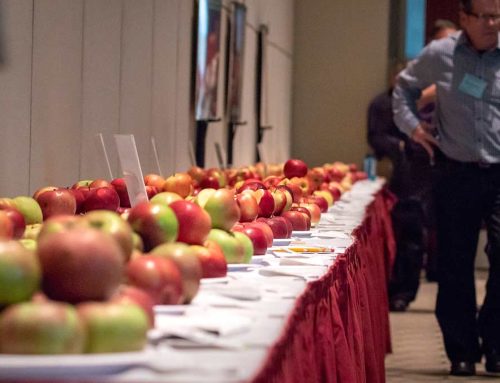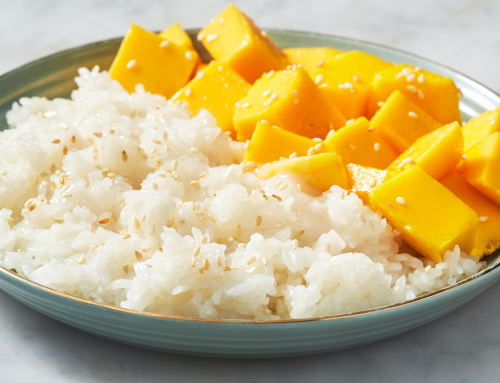Introduction
Organic food has become increasingly popular in recent years, with sales growing rapidly as more consumers opt for organic over conventional. Organic food is often perceived as more environmentally sustainable and healthier than conventionally grown food. But is that perception accurate? Recent research has muddied the waters, suggesting organic food may not be as sustainable as we think. Let’s take a deeper look at the debate around organic food and sustainability.
The Rise of Organic
Organic food sales have skyrocketed in the last two decades, growing from $3.6 billion in 1997 to $50 billion in 2018 in the United States alone. Organic farming now accounts for over 4% of total food sales in America. What’s driving this growth? Concerns over health impacts of pesticide residues as well as a desire to avoid GMOs have led more consumers to choose organic.
The USDA first standardized the definition of “organic” in the 1990s. To be certified, farmers cannot use synthetic fertilizers, pesticides, herbicides or fungicides. Organic supporters argue this method is better for biodiversity, soil health, and reduced pollution from chemical runoff. However, organic crops generally have lower yields than conventional, requiring more land to produce the same amount of food. This is where the debate around sustainability begins.
The Organic vs Conventional Debate
Proponents of organic claim its lack of pesticides and monocropping preserves biodiversity and soil health. Critics argue lower yields mean more land converted to agriculture, increasing climate impacts. Researchers are divided on whether the extra emissions from additional farmland negate organic’s chemical-free benefits.
A 2018 study found organic peas in Sweden had a 50% higher climate impact than conventional peas, attributed to lower yields requiring more land. The researchers concluded: “If we use more land for food we have less land for carbon sequestration.”
However, other experts criticized this study’s small sample size and limited geographic scope. More data is needed to quantify emissions from global organic production. The impacts likely depend on the crop, growing methods, and region.
Some researchers argue industrialized nations cannot supply domestic food needs solely from organic farms without expanding agricultural lands or increasing imports. Yet they acknowledge organic farming, when used judiciously, can reduce environmental impacts.
Striking a Balance
Most experts agree organic alone cannot meet rising food demands sustainably. Instead, a balanced approach is needed that integrates organic practices where beneficial. As one NASA scientist explained:
“The goal of organic farming in developed countries currently is about meeting the needs of those who can afford the luxury to buy the highest quality food. If the needs of this luxury interfere with the need to feed the entire population then you have the potential for conflicts.”
Any form of agriculture will impact climate and environment. But with thoughtful integration of organic practices, alongside reduced food waste and meat consumption, we can strive for a more sustainable food system.
Rather than an all-or-nothing proposition, sustainable agriculture is about finding the right balance between organic and conventional methods. This balance will enable us to produce sufficient nutritious food while minimizing environmental harm. But it requires moving beyond polarized debates and collaborating across ideologies.
The path to a truly sustainable food future undoubtedly involves organic practices. But organic alone is not the sole solution. Pursuing a diverse mosaic of regenerative farming practices, which nourish both people and planet, represents our best way forward.





